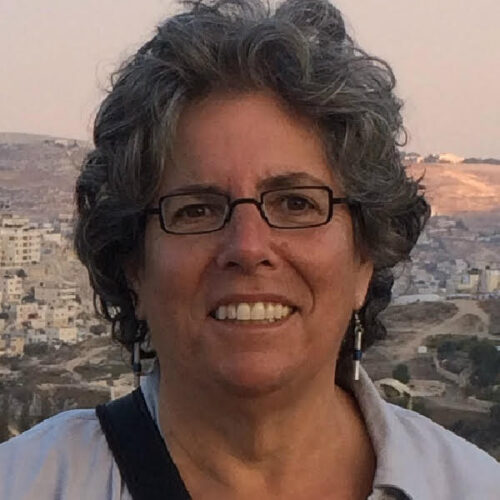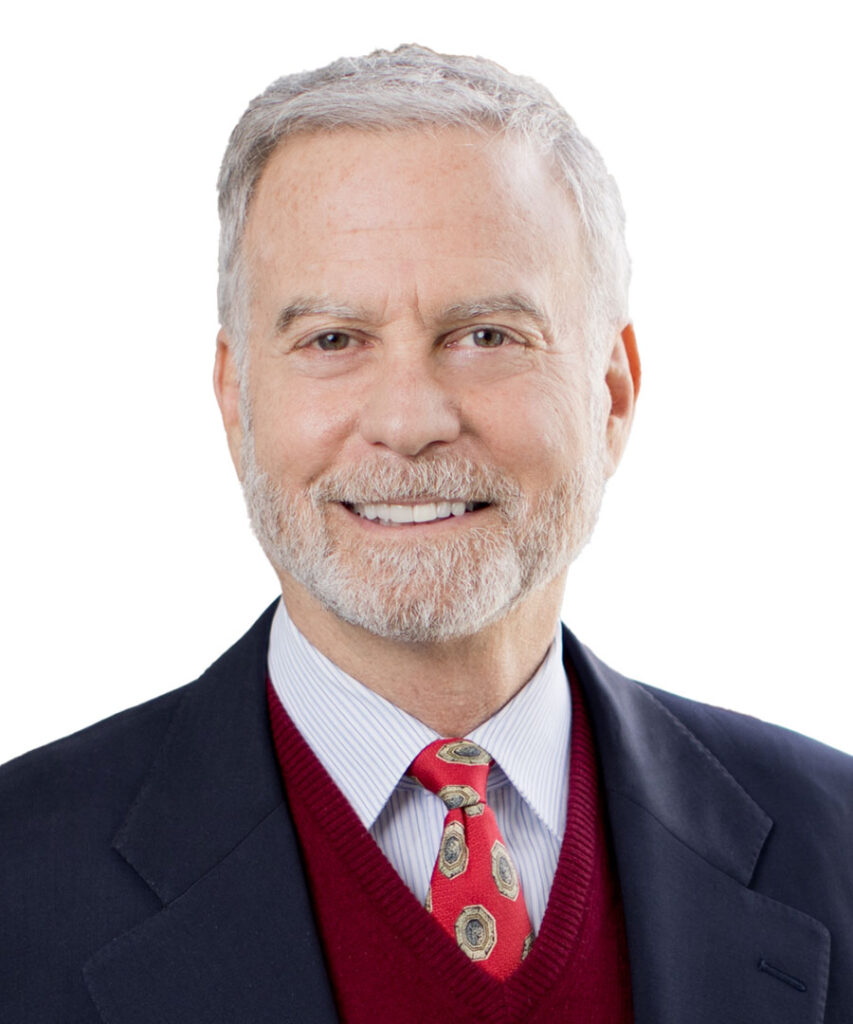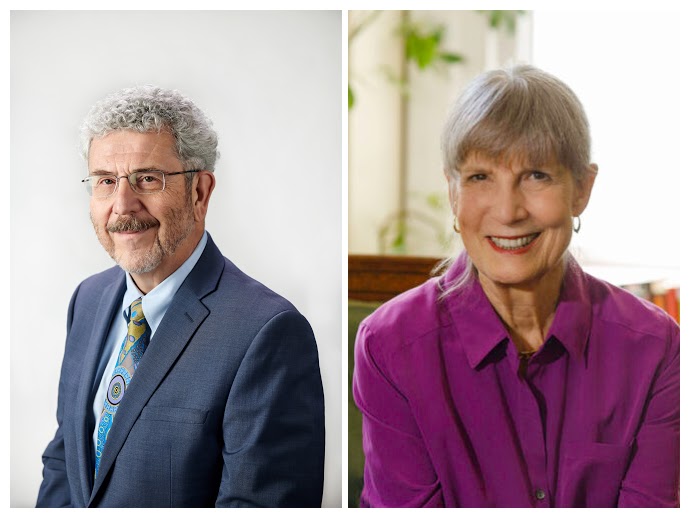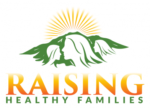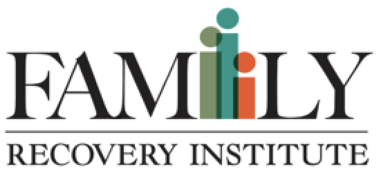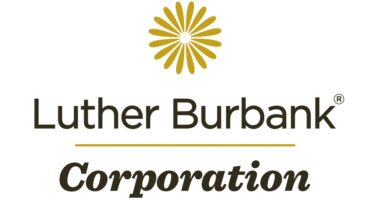This list will be updated as we receive donations.

- This event has passed.
Healing at the Edge: Conscious Living, Conscious Dying
– Presented by Dale Borglum, PhD [2 DAY WORKSHOP] [CO-SPONSORED]
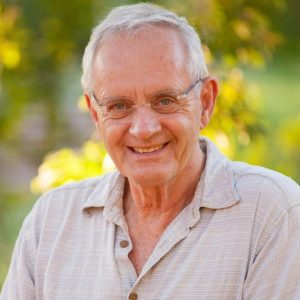
Two Day Event (February 25th and February 26th) – 15 CES, $290
NARRATIVE:
For thirty-five years I have been blessed to be in close contact with many people who were approaching death. Almost all of these people were reaching out for healing – healing in a relationship to death, healing in relationship to illness, in relationship to a wounded heart, to separation from their own self. My consuming interest, both personally and professionally, has been the healing process. Why do some people experience wholeness as they approach death while others lose themselves in denial, depression, distraction? Why is it that some of the most alive and awake Westerners I’ve known have been, almost without exception, people near death? Is there some powerful truth about life and about healing that you and I can receive from these few who, as they went through the process of dying, deeply realized their own wholeness?
Bringing emotional/spiritual support to someone with a life-threatening illness is a twofold task. First, help the client realize they are more than that which will die – the finite self – the body and personality. At the same time, honor this finite self, healing it’s woundedness, it’s identification with separateness. Rumi said, “Grief is the garden of compassion.” This transmuting separateness of grief into the connectedness of compassion is the heart of the work. Confusion, anxiety, depression, anger are typical responses arising as the end of a life approaches, both for the patient and for their family.
This presentation will explore possibilities for realizing wholeness at the edge of life where illness, grief and loss arise. Both psychological and spiritual tools will be used in the investigation of these profound and challenging issues. We will offer participants the opportunity to explore the deeper questions surrounding death, healing and the sacred, so that each of us can better embody an enlivened sense of being in the world each moment rather than a sense of isolation and denial.
2. SOURCE MATERIAL:
This program is derived from the following works:
Drawing on over 40 years of clinical experience, the presenter demonstrates a variety of psychological, meditative, and somatic techniques to enable workshop attendees to avoid burnout by recognizing and balancing their internal energetic responses and to help their clients work with fear of death. Longstanding attitudes and techniques from transpersonal psychology are first presented and then explored through experiential exercises.
Dass, Ram PhD, Borglum, Dale PhD, Goleman, Daniel, PhD, Bonner, Dwarka (1978)
Journey of Awakening: A Meditator’s Guidebook
Bantam Books
William Rosa, RN; MS, Tarron Estes, BA, Jean Watson, RN; PhD; FAAN (2016)
Caring Science Conscious Dying: An Emerging Metaparadigm
Nursing Science Quarterly
Raymond L. M. Lee (2010)
Mortality and Re-enchantment: Conscious Dying as Individualized Spirituality
Journal of Contemporary Religion
Rosa, William; Estes, Tarron (2016)
What End-of-Life Care Needs Now
Advances in Nursing Science, Volume 39, Number 4, October/December 2016, pp. 333-345(13)
Bernadette Groebe, Julia Strupp, Yvonne Eisenmann, Holger Schmidt, Anna Schlomann, Christian Rietz, Raymond Voltz (2108)
Measuring attitudes towards the dying process: A systematic review of tools
Palliative Medicine
M. Kamm (2017)
The Purpose of My Death: Death, Dying, and Meaning
Ethics, Volume 127, Number 3 | April 2017
Lind-Kyle, Patt (2017)
Embracing the End of Life
Llewllyn Publications
Holecek, Andrew (2013)
Preparing to Die
Snow Lion Publications
3. LEARNING OBJECTIVES:
Upon completion of this workshop, participants should be able to:
-
- Describe the defining characteristics of compassion.
- Distinguish between compassion and pity.
- Fully understand the somatic foundation for being able to let go of identification with separateness.
- Understand how to transmute the separateness of grief into the connectedness of compassion.
- Be familiar with several contemplative practices that will help a client transmute fear of dying into acceptance.
- Skillfully work with one’s own fear of death as it is resonated by the client’s situation.
- Enable one’s client to use the prognosis of a life-threatening illness as an opportunity to become more present and alive.
4. COURSE OUTLINE -TWO DAY WORKSHOP – 15 hrs.
Schedule for Day One
8:45 – 9:00
Registration
9:00 – 10:00
Overview of the healing paradigm: motivation, invocation, awareness, grounding, centering, compassion, empowerment, wholeness.
10:00 – 11:00
Introduction of participants as an awareness exercise
11:00 – 12:00
Motivation for healing.
Cultivating awareness of the emotional patterns which cause suffering.
Becoming present in one’s body as the foundation for opening the heart of compassion.
12:00 – 12:30
Grounding and centering experiential exercises.
12:30 – 1:30
Lunch
1:30 – 3:00
Compassion
-
-
- Definition of compassion and discussion of its qualities and benefits
- Connectedness, spaciousness and warmth
- Relationship between compassion and appropriate boundaries
- How compassion prevents burnout
- Definition of compassion and discussion of its qualities and benefits
-
3:00 – 4:00
Grief is the garden of compassion
-
-
- Transforming the separation of grief into the connectedness of compassion
- Conscious grief work – We are all grieving
-
4:00 – 5:00
Guided compassion meditation
-
-
- Group exercise exploring compassion
-
5:00 – 5:30
Empowerment
-
-
- Definition of empowerment
- How the spacious mind of compassion leads to empowerment
- How empowerment leads to healing
-
Schedule for Day Two
9:00 – 10:00
Guided meditation. Review of the healing paradigm. Q & A.
10:00 – 11:00
Caregiving
-
-
- Caregiving as psychological/spiritual work on oneself
- Caregiving for the dying
- Special practices to help heal fear of death
- Fear of death – All fear is fear of death.
-
11:00 – 12:00
Working with physical pain
-
-
- Confusion between pain and fear of pain
- Pain meditation
-
12:00 – 12:30
Forgiveness
12:30 – 1:30
Lunch
1:30 – 3:00
Contemplative and experiential practices to transmute fear of death, to cultivate the heart of compassion, to accept loss of control.
3:00 – 4:00
What is it that dies and what is it that does not die?
What happens when you die?
How can the certainty of death yet the uncertainty of the time of our death lead to awakening rather than to fear?
4:00 – 4:30
Discussion of suicide and the right to die
4:30 – 5:00
Wholeness
-
-
- Definition of Wholeness
- Healing as different from curing
- Wholeness or healing as the goal of all practice
- Healing guided meditation
-
5:00 – 5:30
Closing and evaluation
5. CRITERION 1.1 to 1.3
The design of this program satisfies criterion 1.2
6. CONTENT CURRICULUM
1) Describe how your program content will build upon the foundation of a completed doctoral program in psychology.
2) Describe how your content is specifically relevant to psychological practice, education, or science.
3) Describe your target audience and the instructional level of your content (introductory, intermediate, or advanced).
4) Describe the accuracy, utility, and the empirical basis of the materials that you will present. What are the limitations of the content being taught and their most common risks?
5) Describe how your content reflects the appreciation of a diverse population and how you intend to acknowledge and respect of the richness of cultural, individual and role differences.
************************
1) This program will build upon the foundation of a completed doctoral program in psychology by exploring the transpersonal, the meditative, and the spiritual components necessary for conscious death. We will explore how identification with ego structure and fear of death are intimately connected.
2) The aim of psychological practice traditionally is to create a more healthy, efficiently functioning mind and particularly a healthy ego structure. In the potentially profoundly transformative time at the end of life, healing and understanding that transcend egoic concern are often more available than at any other time in a person’s life. The appreciation of this possibility is of central importance to those supporting clients who might be approaching death.
3) The target audience is clinical social workers, marriage and family therapists, psychologists and nurses were working with patients confronting a life-threatening illness, their loved ones, and those grieving. Instruction summarizes introductory and intermediate foundational concepts which then leads to advanced content for the majority of the workshop.
4) The materials presented during this workshop have been developed and utilized during 40 years of working directly with thousands of dying clients, their families and their caregivers. As well these materials had been presented during trainings at hundreds of hospitals and hospices throughout North America. The efficacy of this content is limited by the willingness of the client to explore the possibility of deep transformation during a time of great crisis. The effects of opioid analgesic medication and also bodily symptoms that often accompany the end stages of terminal illness both can limit the transformative power of the materials presented. The only risk that has been encountered is that occasionally when a client is consciously working with her fear of death, long repressed difficult emotions can burst forth in her physically weakened condition requiring great sensitivity on the part of the practitioner.
5) Dr. Borglum spent years as a group facilitator at San Quentin Penitentiary and as an AIDS/HIV counselor at High General Hospital in Oakland. At both of these facilities there was a wide range of race, sexual orientation, and socioeconomic backgrounds represented. When supporting a client who is confronting a life-threatening illness, conditioned emotional patterns inherent in different backgrounds and orientations often mask the deeper underlying fear of death. Cultivating deeper awareness and compassion through the lecture and experiential materials presented during this workshop will enable the participant to distinguish between cultural, individual, and role differences on the one hand, and, on the other, inherent fear of death.
BIO:
Dale Borglum, PhD, founded and directed the Hanuman Foundation Dying Center in Santa Fe, New Mexico, the first residential facility in the United States to support conscious dying. He has been the Executive Director of the Living/Dying Project in Santa Fe and, since 1986, in the San Francisco Bay Area. He is the co-author with Ram Dass, Daniel Goleman and Dwarka Bonner of Journey of Awakening: A Meditator’s Guidebook. Dale gives workshops on the topics of meditation, healing, and spiritual support for those with life-threatening illness, and on caregiving as spiritual practice. He has a doctorate degree from Stanford University.
COST:
Two Day Event (February 25th and February 26th) – 15 CES, $290
You may register online by visiting www.livingdying.org, and clicking on Healing at the Edge: Conscious Living/Conscious Dying. You may also send a check or money order to Living/Dying Project at P.O. Box 357, Fairfax, CA 94978. With your payment please include your email address and if you wish C.E.’s include license number and degree.You may also register by phone: please call 415-456-3915.

